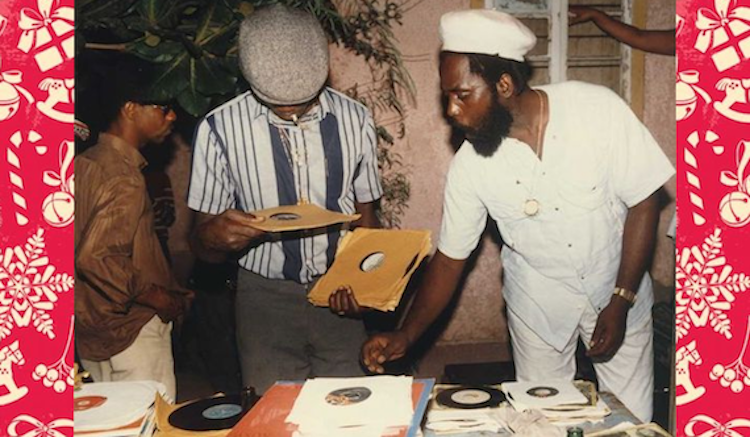Yuletide in Jamaica glides in each December on what the locals call the Christmas Breeze, a slightly crisper air that tends to waft through the island this time of year. The other seasonal harbinger is one common to most places: the sound of Christmas songs on the radio. Except that Christmas music in Jamaica is, well, uniquely Jamaican. Traditional carols get a reggae underpinning while lyrics about sunshine and mango often substitute for the usual snow and holly. Back in the day, it was hardly a given that every Jamaican artist would record a Christmas song, unlike today. But . . .
Only the good shit. Aquarium Drunkard is powered by its patrons. Keep the servers humming and help us continue doing it by pledging your support.
To continue reading, become a member or log in.



